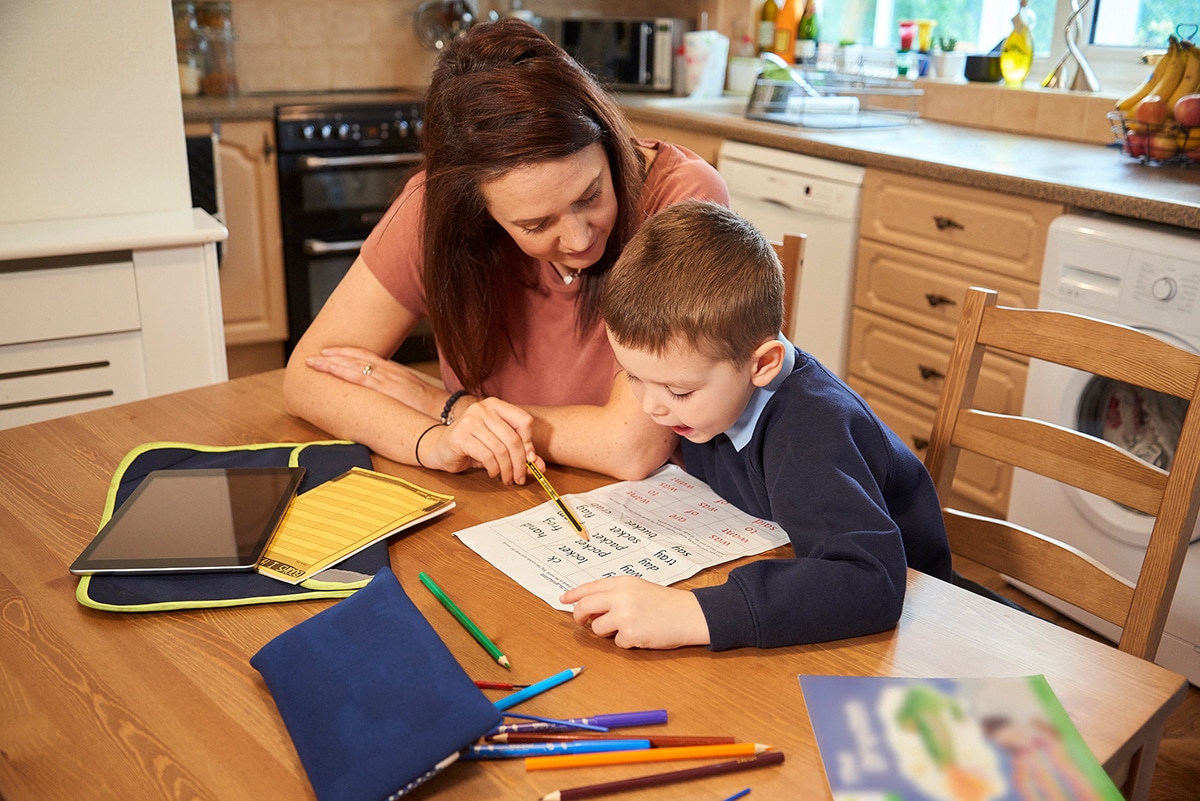In the past, dyslexic individuals may have been pushed aside or labeled as unintelligent when teachers or parents simply did not understand their learning differences. Today, however, people with dyslexia can receive targeted remediation from trained teachers and succeed in school and beyond when they are given the right resources and support. ReadSource knows that dyslexic individuals can succeed at whatever they set their minds to, and Schenck School alumni serve as just a few examples of what dyslexics can accomplish. Read below to explore more dyslexia success stories from graduates of The Schenck School in Atlanta, Georgia.
Our Blog
Tips to Help Dyslexic Students Prepare for the New School Year
The summer is a time to relax and recharge. However, parents of dyslexic students may find concerns about how their child will perform after a few months out of the classroom. Don’t worry, that’s totally normal! With just a few proactive steps, parents and kids can enjoy their free time over the summer, while also getting ready for everything that comes with a new school year. Follow these tips to help your dyslexic student get a head start before schools start back in the fall.
Talking with Your Child About Dyslexia
Regardless of when parents receive a dyslexia diagnosis for their child, this news can bring up a lot of emotions. Many parents want to be supportive and encouraging of their child, but they may also be experiencing a range of feelings as they process this news themselves. Although it can feel challenging and confusing at first, having conversations about dyslexia is one of the best things parents can do with their children. Talking about dyslexia helps promote understanding for both parents and kids, and a simple discussion can go a long way in the development of a dyslexic child. Read below to learn more about how to start and continue conversations about dyslexia with your child.
Famous Dyslexia Success Stories
With so many stigmas and myths surrounding learning challenges, a dyslexia diagnosis can feel disheartening. However, with constructive learning habits and effective reading instruction, dyslexic learners can succeed inside and outside of the classroom. Learn more about some famous individuals with dyslexia who have found success in a range of fields.
How to Help Students Develop Executive Function Skills
Although executive function may seem like a skill more suited to CEOs in a boardroom rather than to children in a classroom, executive function can make a difference in students of all ages. Students with dyslexia, however, may have more trouble developing these skills and may struggle with certain subjects in school as a result. Regardless of the development of executive function skills, dyslexic students can still get overwhelmed by the time it takes to complete their work. Thankfully, there are numerous activities that are fun for the whole family and can help children improve executive function skills at every age. Learn more about how students develop executive function skills and how these attributes can make a difference for students with dyslexia.
How to Promote Confidence in a Dyslexic Learner
Parents and teachers may be familiar with some of the more well-known consequences of dyslexia, such as having trouble learning to read or write, but there are also lesser-known effects that can impact students as they learn as well. Children with undiagnosed dyslexia may struggle with confidence if they fall behind their peers in mastering skills like reading and writing. Teachers and parents should be aware of this tendency for dyslexic children to lose confidence in themselves and work to encourage a sense of self-efficacy throughout their time in school. Read below to master some tips on how to help promote confidence in dyslexic learners.
After a Dyslexia Diagnosis: What Comes Next?
There’s no right or wrong way to feel after receiving a dyslexia diagnosis for your child. The key is to remain patient with yourself and your child as you figure out what to do next. While knowing which steps to take after getting a dyslexia diagnosis can be confusing, the ReadSource is here to walk you through it. Read below to learn more about some helpful tips for what you should do after a dyslexia diagnosis.
Tips to Inspire Summer Reading in Dyslexic Students
It’s summer and that means it’s time for family vacations, backyard barbecues, and for many students, a break from school. But even if students aren’t in the classroom, there are plenty of ways to encourage young learners to keep up their skills, especially when it comes to reading. Many students may view summer reading as a chore, but children can lose valuable language skills over the summer if they don’t practice reading over the break. For all students and especially dyslexic students, it is essential to continue reading over the summer and developing the reading skills they practice during the school year. Here are some tips that can help inspire summer reading in dyslexic students.
Top ReadSources to Encourage Reading
As distance learning continues and summer approaches, parents and teachers may be wondering how to encourage children to keep reading while at home. All young readers need to practice reading outside of school, but it is especially essential for dyslexic learners to intentionally practice reading over the summer so they don’t forget helpful skills. But reading doesn’t have to be a chore for children or their parents! Learn about the top dyslexia resources available to help encourage young learners to read for pleasure.
Tips to Support Reading Comprehension at Home
Parents and teachers have enough to worry about in these turbulent times. For parents of dyslexic students, it can feel like your child is losing valuable time to master reading skills, like reading comprehension. Remember, however, that children are also adjusting to these unfamiliar circumstances and may need more time to understand new subjects. Parents and teachers can help children master reading comprehension skills at home by managing their expectations and following these tips.
















